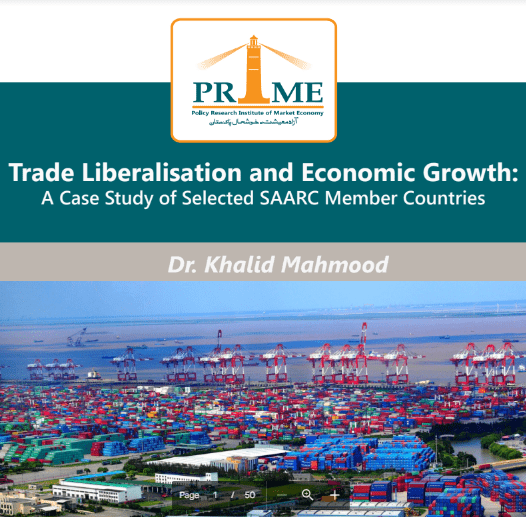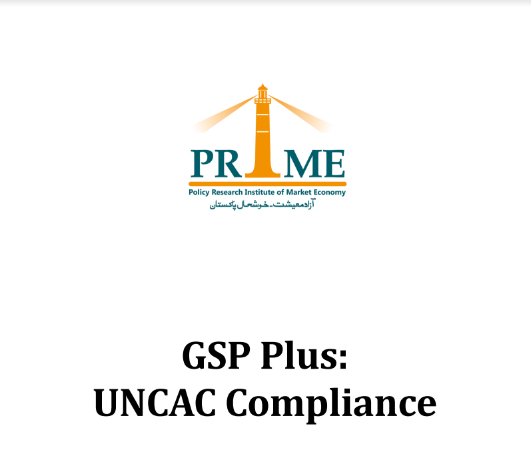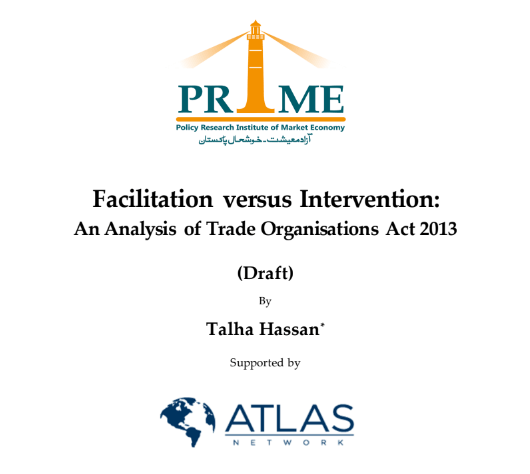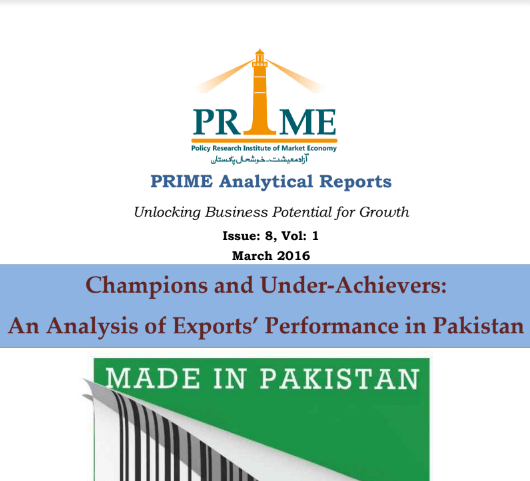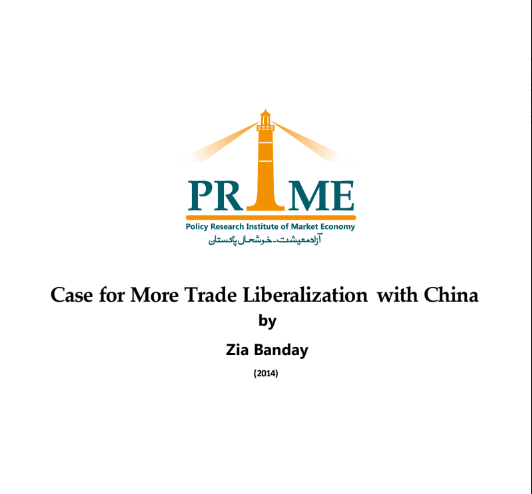Position Paper on Information Technology Agreement: Why Pakistan should accede
This paper presents a Pakistani case of accession to the WTO Information Technology Agreement which obliges the signatories to withdraw any import duties and taxes on a list of IT and telecom equipment. Some of the products under the coverage of ITA are: computer hardware and software, telephones, semiconductors, measuring, testing and analysing instruments etc.
[CONTINUED]
To read more, click here: Position Paper on Information technology agreement
For media inquiries, contact saad@primeinstitute.org


